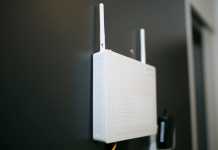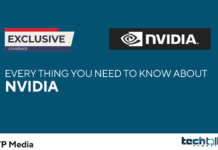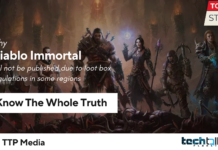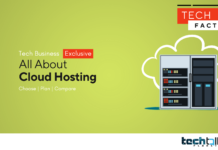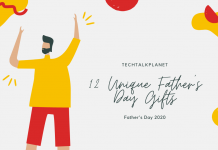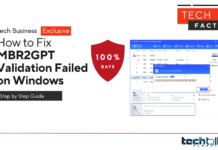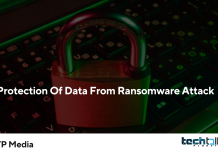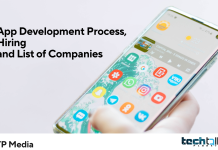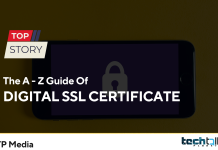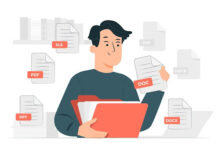In case you’re a cutting-edge criminal, odds are that you’ve utilized it to purchase weapons, sedates, and considerably launder cash. Sounds dodgy, right? Be that as it may, prominent establishments, for example, USAID and UNICEF have an alternate view.
They figure it could be a power for good, helping the poorest individuals on the planet. It’s an innovation called blockchain, a worldwide online database that anybody, anyplace, with a web association, can utilize. In contrast to conventional databases, which are claimed by focal figures like banks and governments, a blockchain is decentralized and doesn’t have a place with anybody. Also, with a whole system caring for it, it turns out to be exceedingly difficult to swindle the framework by faking archives, exchanges, and other data.
As a Blockchain stores data for all time over a vast system of PCs. Subsequently, it decentralizes the data, as well as conveys it.
So how a multi-reason online database, whose clients incorporate culprits, can work for ordinary utilize? and How it stays moderately hack-confirmation? The appropriate response is blockchain’s huge number of clients. They make it troublesome for any one individual to bring down the system or degenerate it.
The numerous individuals who run the framework utilize their very own PCs to hold packs of records presented by others. The records are known as squares. Each square has a timestamp and a connection to a previous square, framing a sequential chain. It resembles a mammoth Google doc with one key contrast.
You can see it and add to it, however, you can’t change the data that is as of now there. This is upheld by utilizing a type of math called cryptography, which implies that records can’t be duplicated or changed by another person.
Blockchain’s most well-known application is bitcoin. It’s advanced money that is made and held electronically, and you can send it to anybody, regardless of whether you know them or not. Bitcoin gives a level of secrecy we’ve not found in present-day times. That is on the grounds that dissimilar to charge cards or PayPal installments, there are no mediators, for example, banks and money-related organizations requesting your own data and personal residence. Rather, individuals from everywhere throughout the world trade the advanced cash by approving other individuals’ bitcoin exchanges, acquiring a little expense all the while.
The blockchain is in charge of confirming the responsibility for advanced money and ensuring just a single individual is asserting it as their own at once. Banks and organizations are hurrying to embrace blockchain database innovation. In an overview of 308 senior administrators at U.S. organizations with $500 at least million in yearly income, Deloitte found that 28 percent of respondents had put $5 at least million in blockchain innovation. 10% had contributed $10 at least a million. In any case, for what reason would they say they are spending so much cash? Indeed, to set aside some cash obviously. At the point when this investigation watched the information of 8 of the world’s biggest venture banks, it found that blockchain could spare them Eight to Twelve billion dollars consistently. Wager that Five million dollars speculation doesn’t sound so awful at this point.
In any case, it’s not all uplifting news for the huge players, obviously as Blockchains bring down the passage hindrances of the keeping money industry, implying that fintech new businesses are springing up in basically every market they work in.
On the off chance that banks and organizations can’t keep up, they’re putting their very own survival in danger. For the shopper, the future appears to be more splendid with greater security, less expense, and better encounters. However, blockchain could demonstrate to be the greatest distinct advantage for the poorest in the public eye.
The innovation is available to individuals living in low pay nations or delicate states in danger of financial crumple. Take a rancher with a little plot of land which is then overflowed.
The paper duplicate of the deeds to his property is washed away, bringing about the agriculturist having no confirmation of owning the land. Or on the other hand, maybe he has a computerized duplicate on an administration database yet it is deleted, adjusted, or even pulverized in a political upset.
On the off chance that the agriculturist had recorded that deed on a blockchain, he could have evaded every one of these issues. Alongside accelerating the stream of money and giving a protected place to keep records, the advantages for the poorest in the public arena are gigantic.
From securing our personalities, to running self-governing vehicles, to dealing with a world that is progressively reliant on the web of things, the potential outcomes for blockchain innovation appear to be perpetual. However, regardless of whether it satisfies its guarantee stays to be seen.





